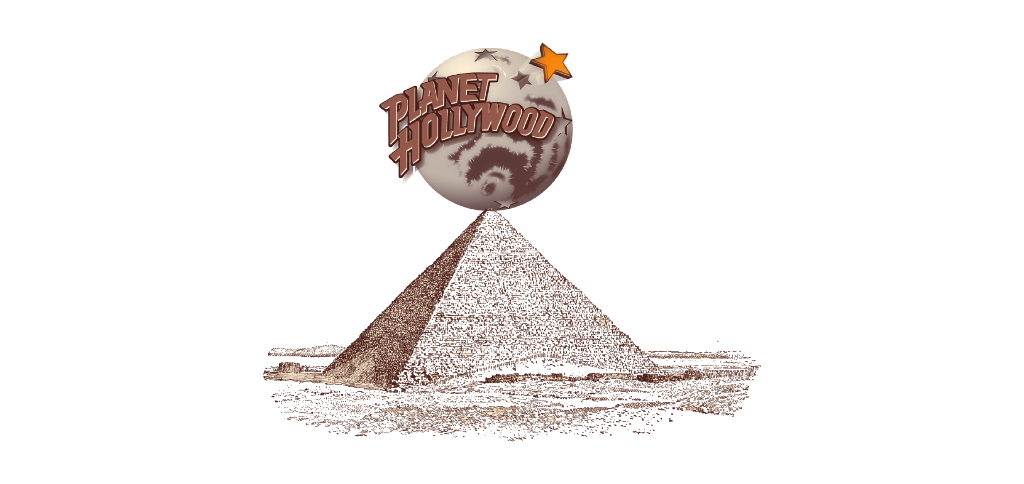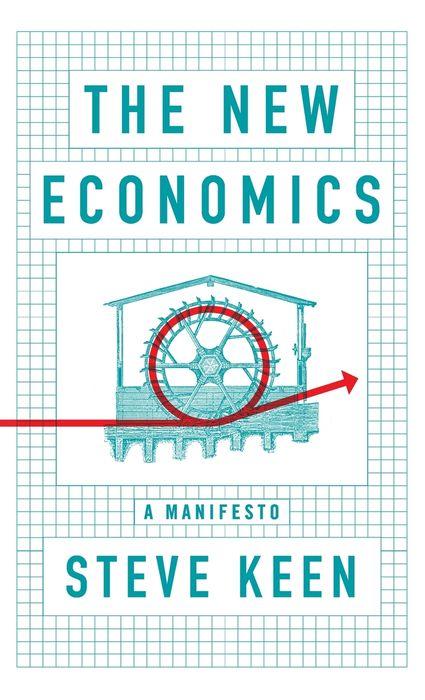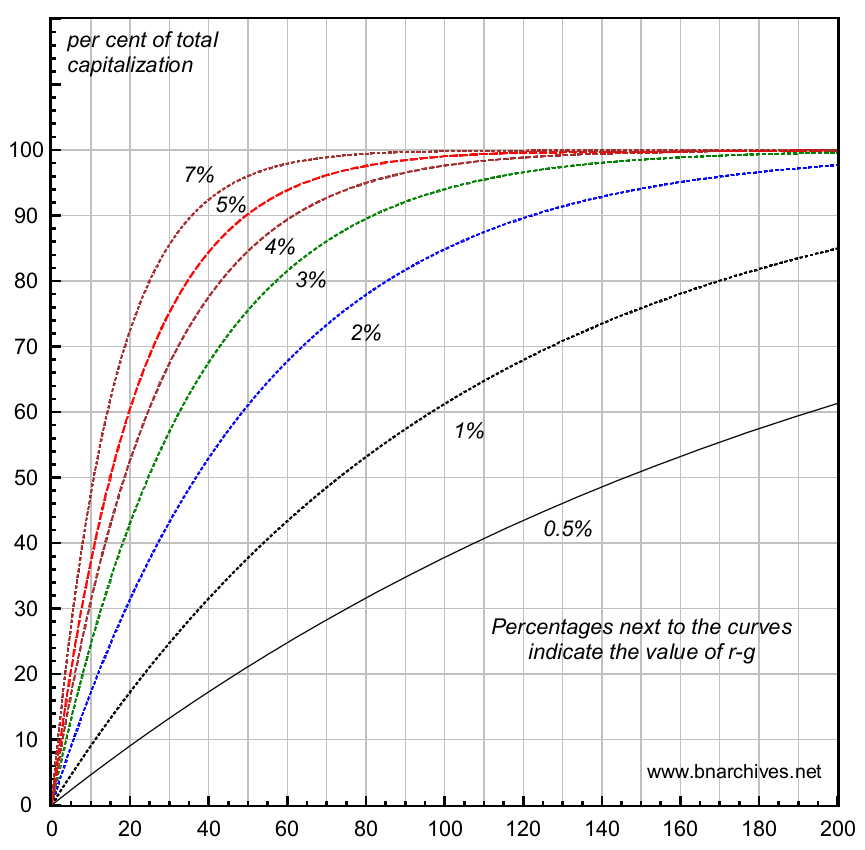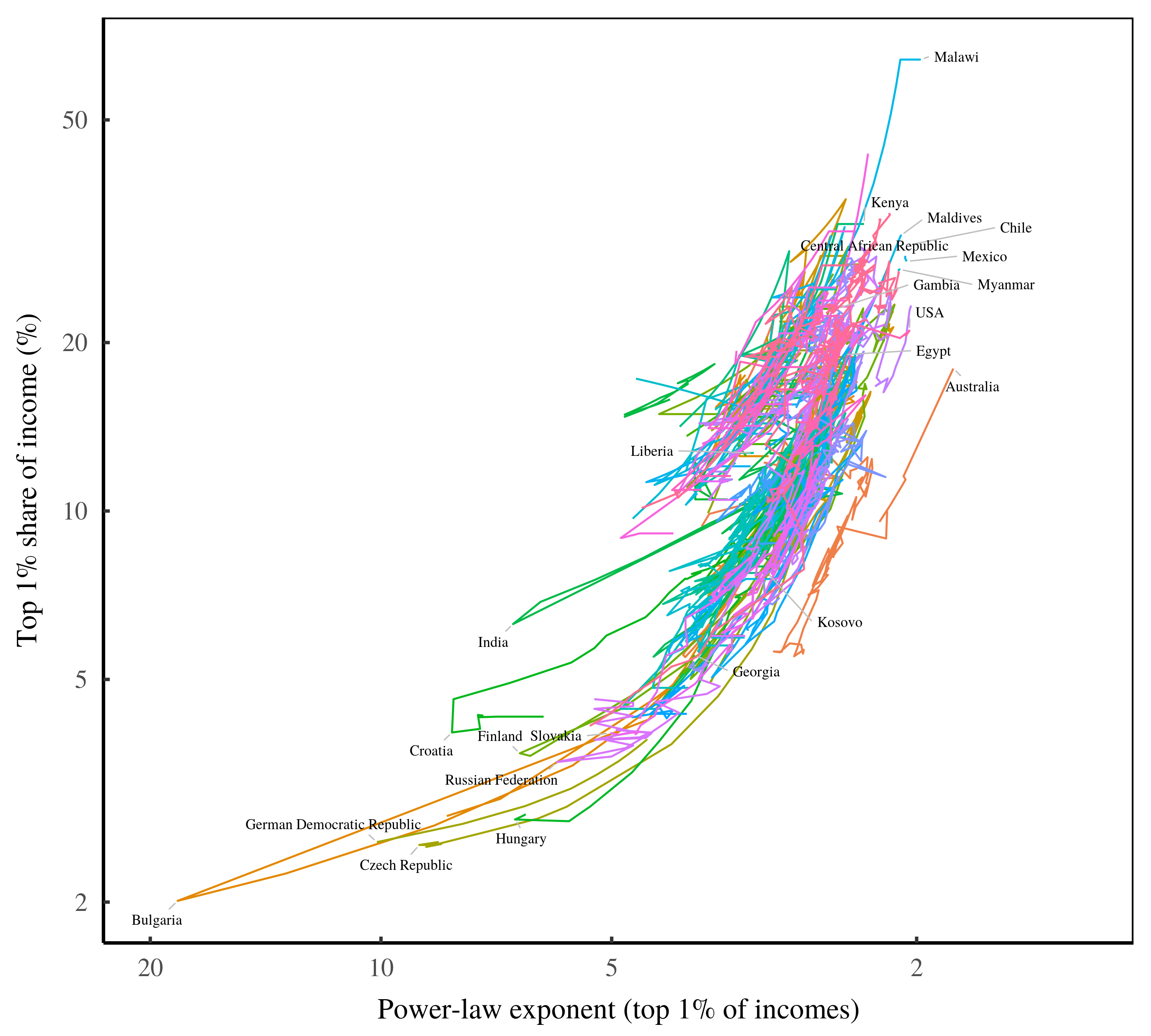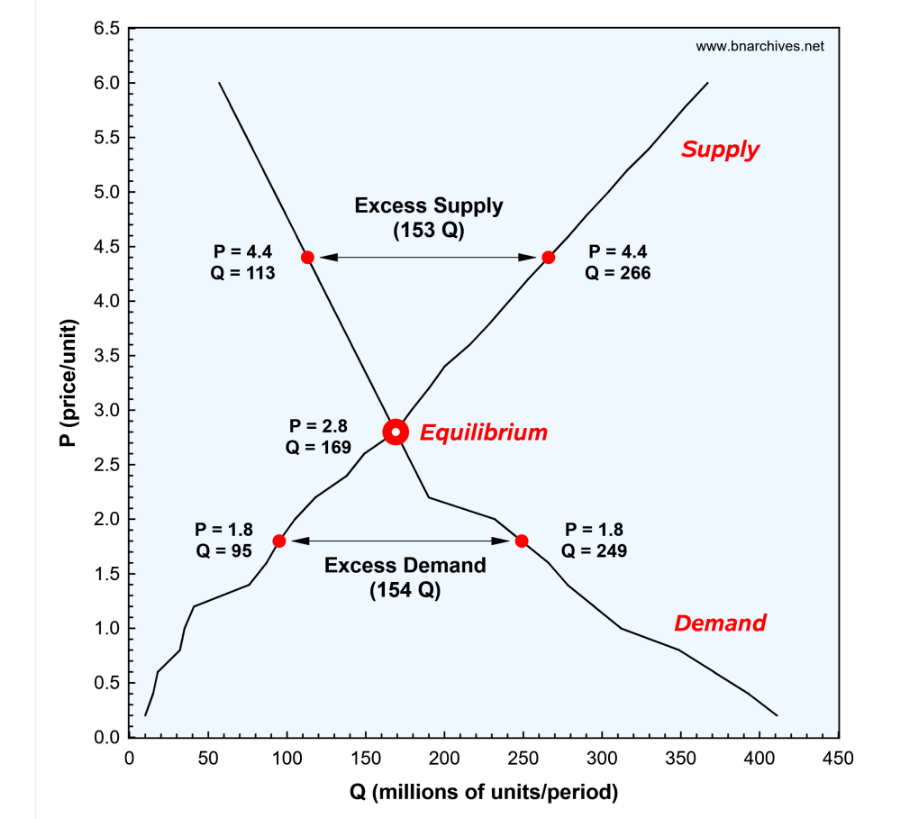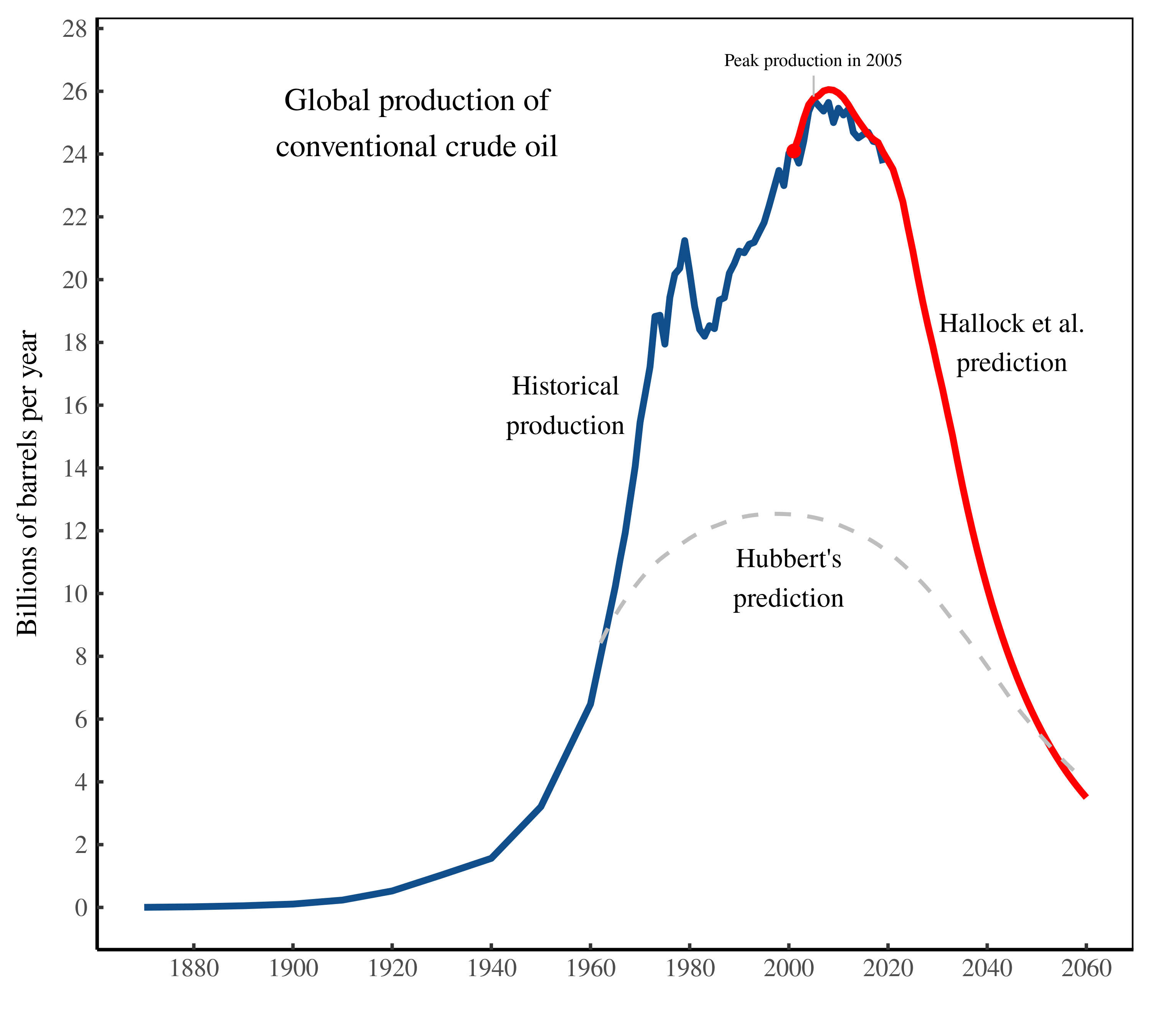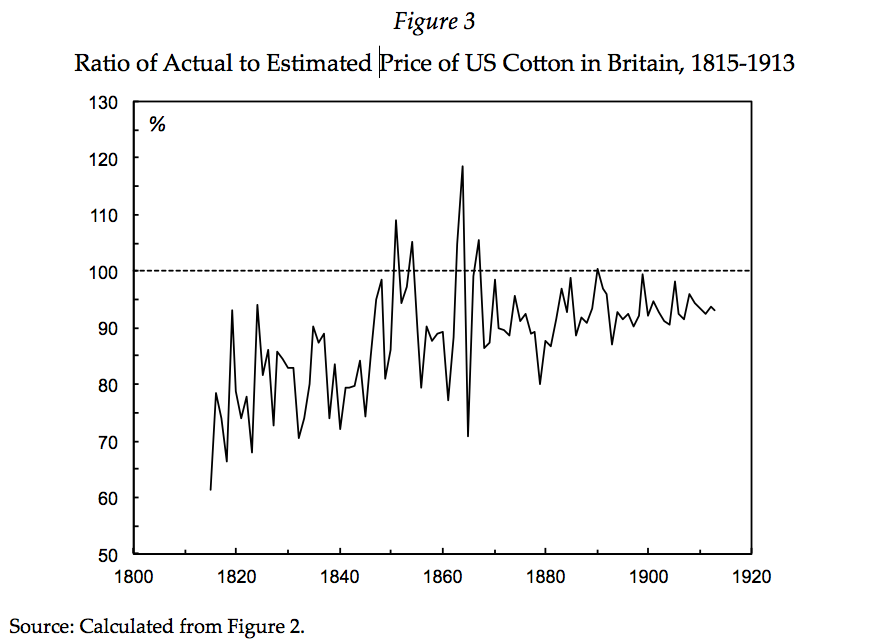Originally published at ownlynch.org Owen Lynch Part A: Overview 1. A Need for Better Theory If you are a well-educated person in the 21st century, you probably have conflicted views. On the one hand, the grand socialist project has had… problems… over the last century. Serious problems. Problems that kill and hurt people, and are […]
Continue ReadingThe rotten culture of the rich
Originally published at pluralistic.net Cory Doctorow In his 2019 book Dignity, Chris Arnade left his Wall Street job and traveled America, talking to poor, marginalized people, mostly at McDonald’s restaurants. Now, in a new essay for American Compass, Arnade delves into the “rotten culture of the rich.” https://americancompass.org/what-about-the-rotten-culture-of-the-rich/ Arnade starts with observations about how rich […]
Continue Reading2022/01: McMahon, ‘Star power and risk: A political economic study of casting trends in Hollywood’
Abstract This paper builds an empirical and theoretical model to analyze how the financial goal of risk reduction changed the insides of Hollywood’s star system. For the moviegoer looking at Hollywood cinema from the outside, the function of the star system has remained the same since the 1920s: to have recognizable actors attract large audiences […]
Continue Reading2021/07: Bichler & Nitzan, ‘Steve Keen’s The New Economics: A Manifesto’
Abstract Neoclassical economics is the official scientific underpinning of capitalism as well as its main ideological defence, and according to Keen, it fails in both tasks. Contrary to received opinion, neoclassicism cannot explain capitalism – either in detail or in the aggregate – and the policies it prescribes do not support but undermine the very […]
Continue Reading2021/06: Bichler & Nitzan, ‘The Capitalist Degree of Immortality’
Abstract This note offers some speculative ideas worth considering. One of the key features of all hierarchical civilizations is their rulers’ fear of death. This fear was famously narrated in the ancient myth of Gilgamesh – the Sumerian king who realized that, like all other humans, he too was destined to die and embarked on […]
Continue Reading2021/05: Mouré, ‘Costly Efficiencies: Health Care Spending, COVID-19, and the Public/Private Health Care Debate’
Abstract The debate around public versus private health care often turns on cost – that is, on how to reduce costs, and particularly government expenditures, when it comes to health care. This paper examines the theoretical and empirical relationship between health costs and health outcomes in the context of the COVID-19 pandemic. It proposes an […]
Continue ReadingFix, ‘Redistributing Income Through Hierarchy’
Abstract Although the determinants of income are complex, the results are surprisingly uniform. To a first approximation, top incomes follow a power-law distribution, and the redistribution of income corresponds to a change in the power-law exponent. Given the messiness of the struggle for resources, why is the outcome so simple? This paper explores the idea […]
Continue ReadingMaking culture rational … with power
Originally published at notes on cinema James McMahon A survey of academic writing on the business of culture will show that authors seldomly restrain themselves from making predictions or giving recommendations to the hypothetical economic actor. This offering of future-oriented arguments to an audience should not be surprising. The disciplines of economics, business, management studies […]
Continue ReadingBichler & Nitzan, ‘The 1-2-3 Toolbox of Mainstream Economics: Promising Everything, Delivering Nothing’
Abstract We write this essay for both lay readers and scientists, though mainstream economists are welcome to enjoy it too. Our subject is the basic toolbox of mainstream economics. The most important tools in this box are demand, supply and equilibrium. All mainstream economists – as well as many heterodox ones – use these tools, […]
Continue ReadingPeak Oil Never Went Away
Originally published at Economics from the Top Down Blair Fix Do you remember peak oil? It was all the rage a decade ago. Now, almost no one is talking about it. The funny thing is, the problem never went away. If anything, it’s gotten worse. In this post, I take a deep dive into peak […]
Continue ReadingProblems of the Periphery in Federico and Tena’s World Trade Data
Originally published at joefrancis.info Joe Francis Giovanni Federico and Antonio Tena-Junguito (2016) have produced a data set of world trade that includes exports and imports, in both current and constant prices, going back to the early nineteenth century for over 100 countries. It will give all economic historians a mass of easily available long-term time […]
Continue Reading


